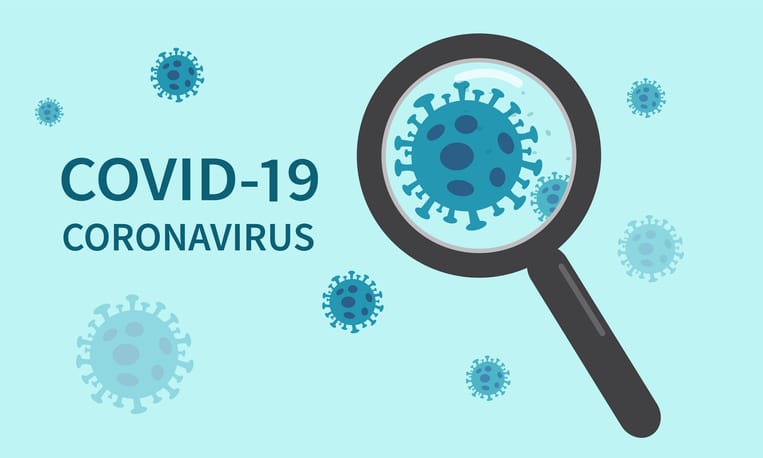Top COVID-19 Hacker Schemes
How To Avoid Getting Scammed
Top COVID-19 Hacker Schemes
How To Avoid Getting Scammed
The Italian poet Dante Alighieri completed his signature work, The Devine Comedy, in 1320, and the narrative poem describes a journey through the Nine Circles of Hell. Those who commit fraud, such as the digital scammers who are preying on fear and anxiety during the COVID-19 pandemic, would “arguably” be assigned to the Eighth Circle.
As honest, hard-working people trying to get through the health crisis, you may prefer that hackers descend to the Ninth Circle, commonly occupied those who commit treachery. It’s a tough call. But what is not a tough call is the need for hyper-vigilance regarding the plague of COVID-19 scams these nefarious individuals are unleashing. That’s why the concerned cybersecurity specialists at Techsperts LLC would like to help our valued New Jersey community members avoid getting scammed by hackers. We hope the following information proves valuable.

Beware of Phony COVID-19 Treatment Scams
Ranked among the more insidious schemes are cybercriminals calling or text messaging everyday people and impersonating doctors, nurses, and healthcare administrators. The scam preys upon fears that a loved one has contracted the virus and suffers dire complications. Digital con artists request urgent payment to go forward with potentially life-saving healthcare treatment. Once the loathsome criminal secures credit card or banking information, they make large purchases or siphon off money.
Social Security Benefit Scams
This scheme primarily targets our valued elders by sending out emails that benefits have been suspended due to the COVID-19 crisis. In order to reactivate monetary and healthcare benefits, honest seniors are instructed to log on to a website or call a phone number. Instructions include verifying personal identification information, such as full name, date of birth, Social Security number, and bank information. Basically, they ask for everything a criminal needs to engage in identity theft or sell the profile on the dark web.
Charitable Donation Scams
Digital schemers understand that Americans are by nature good-hearted and giving people. Knowing that many are more than willing to provide financial support for those in need, hackers are trolling out phony charities. Everyday people are targeted via email, text messages, and social media posts. It may be in your best interest to work only with well-known and reputable organizations during these troubled times.
Phishing Schemes Most Prevalent COVID-19 Scam
Bulk emails have emerged as the method of choice for cybercriminals. This form of electronic messaging allows them to target Americans with impunity from halfway around the world. These bulk COVID-19 email scams promise cures, vaccines, overnight testing kits, and news about infected people in your community. Although it’s all fake, heightened anxiety leads more than a few people to download a file or click on a link. Once that misstep takes place, spyware, ransomware, and other malicious software infiltrates the device. Personal devices are often a gateway to entire business networks.
How To Avoid Falling for a COVID-19 Scam
First off, widespread threats exist because cybercriminals have been successful enough to keep perpetuating these frauds. That means honest and intelligent people get taken in every day.
That being said, it’s essential to keep in mind that no miracle cure for COVID-19 exists. Organizations such as the U.S. Social Security Administration or IRS will not ask you for personal information over the phone or via email. The best strategy available is to ignore, delete, and verify any urgent communication or enticement related to the contagion.
If you suffer a breach due to one of these convincing schemes, turn off your devices and contact a managed IT cybersecurity specialist. During this uncertain time, we must all stand together to stop the spread of the virus, as well as COVID-19 scams.

Having a reliable and enthusiastic partner in the realm of IT services and solutions is essential for achieving continuous growth by implementing effective technological strategies. Our owner, Joe Cannata, is wholeheartedly dedicated to helping clients optimize their technology to gain a competitive edge in their industries.
At Techsperts, Joe leads a team of highly dedicated professionals who are fully committed to providing exceptional IT services and solutions. With his extensive expertise and hands-on experience, Joe ensures that clients receive unparalleled support and guidance for their IT projects. You can trust Techsperts to elevate your business systems and remain at the forefront in today’s fiercely competitive business landscape.


